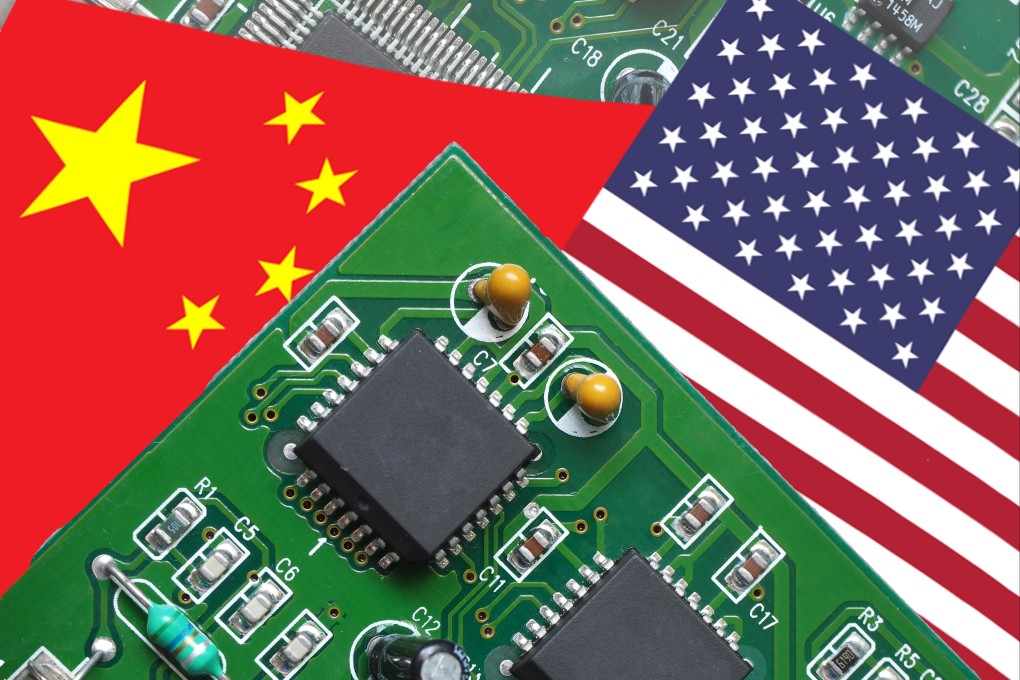Advertisement
Opinion | US sanctions on RISC-V chip tech would play straight into China’s hands
- A US pull-out would leave China the most powerful player in developing and setting standards for the leading open-source chip technology, disadvantaging American companies and giving Chinese firms a critical boost
Reading Time:3 minutes
Why you can trust SCMP
1

In the latest attempt to hobble China’s access to advanced chip technologies, Washington politicians are pressuring President Joe Biden to prohibit American companies and personnel from collaborating with the Chinese on a leading form of open-source software technology – RISC-V. But if the US stops helping to develop it, the risks will all be on the American side.
Advertisement
An American pull-out from RISC-V would hurt domestic hi-tech firms, damage the nation’s standing in the world and ultimately allow China to move closer to technological and geopolitical parity with the United States. In short, the move would backfire.
RISC-V, a free and downloadable software that defines how processing chips interact with a product’s software, competes with offerings from tech giants Arm Holdings and Intel. Over 10 billion RISC-V chips, embedded in everything from smartphones to kitchen appliances, have been sold since the architecture’s inception in 2010.
The software isn’t owned by any one entity. It is managed by the Switzerland-based non-profit RISC-V International, which comprises more than 4,000 companies (including Qualcomm, Google, Huawei and Tencent) that collaborate to define the technical specifications.
To the extent that RISC-V already works to China’s advantage, US sanctions would only enhance that dynamic. No doubt China sees the geopolitically neutral and open-source RISC-V architecture as a means to escape America’s stranglehold on advanced chips and achieve technological self-sufficiency. Towards that end, China would want nothing more than to see American interests bow out of the consortium, leaving Beijing as the most powerful player.
Advertisement
A full-blown ban would give China unfettered opportunities to sway RISC-V to its advantage, setting technical standards and shaping the playing field for the benefit of its domestic companies. American firms, left out in the cold, would fall further behind in setting international standards.

Advertisement
